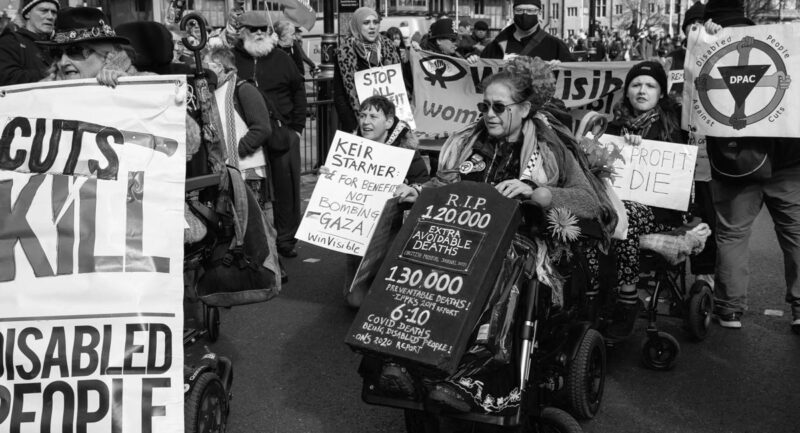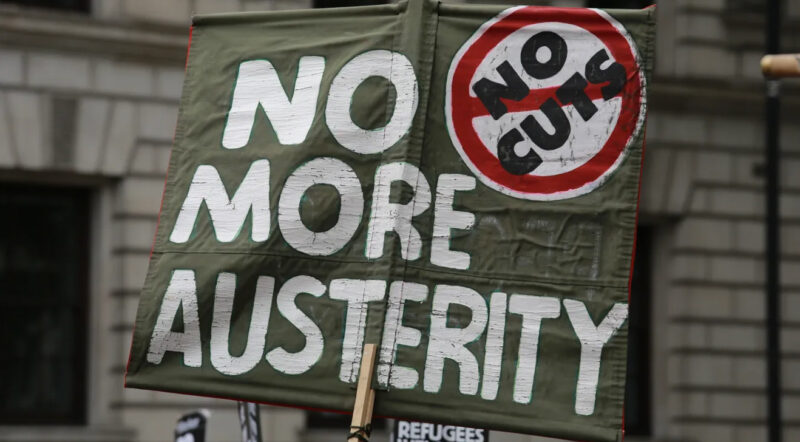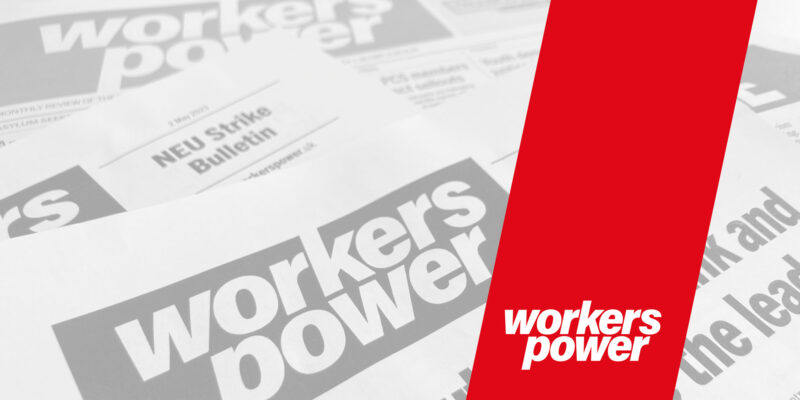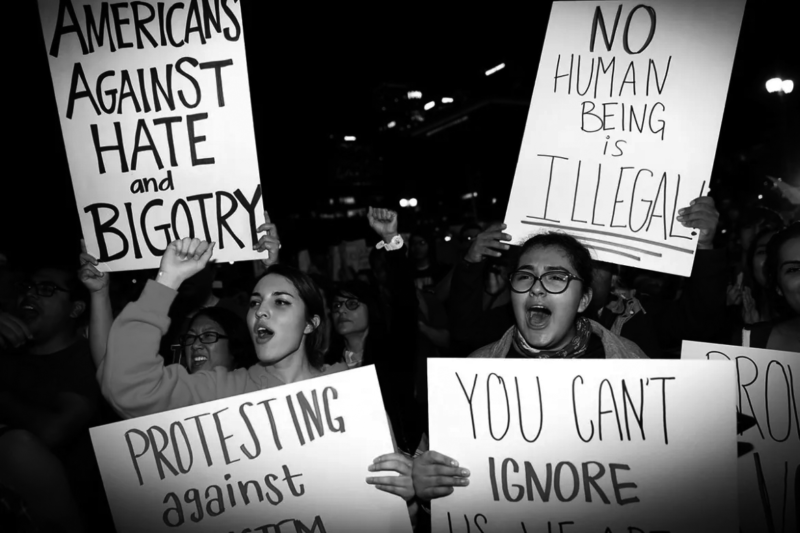Italy’s new government launches major attack on workers
 Martin Suchanek reports on the latest attack on Italian workers by the new government
Martin Suchanek reports on the latest attack on Italian workers by the new government
MARIO MONTI whose “government of experts” was installed in December, has wasted no time in launching his “anti-crisis” programme. It reads like a wish list of the big bourgeoisie and represents a historic offensive against the Italian working class:
• Cuts in public services of €24 billion in 2012; freezing of salaries until at least 2014, massive cuts in expenditure on welfare, training and transport;
• Privatisation of local and state undertakings and responsibilities;
• Further liberalisation of entire sectors, including banks, pharmacies, taxis and petrol stations;
• Raising the pension age and cutting pension levels;
• Increasing VAT to 21 per cent;
• Aiming for a balanced budget and writing this objective into the constitution;
• Attacks on the right to job security and other employment protection rights;
• Support for capital regarding reductions in working conditions and workers’ rights.
The European Union (EU) decision that brought down Berlusconi was actually widely welcomed in Italy. Most of the labour movement were, and are, happy to see their archenemy forced out. What the parliamentary opposition, the trade unions and the left had been unable to do for years, because of their political disunity and cowardice, was now seen as a gift from the EU.
It’s not only Monti who is exploiting this. The parliamentary left, the “Democratic Party”, a fusion of the former Communist Party of Italy and a minority of Christian Democrats, has also justified its support for Monti’s government by saying that a return of Berlusconi had to be prevented by any means. Ultimately, they said, it was a matter of “saving the country”, that is, saving Italian capitalism. For that, they had already agreed to Berlusconi’s billions of cuts in the spring of 2011.
The only parliamentary “opposition” came from the right wing, chauvinist “Northern League” of Umberto Bossi, who want to make the EU, migrants and “lazy Southerners” responsible for the crisis. This almost complete support for Monti from the left, however, will not last forever, even if the Democratic Party has said that it will give Monti “as much time as he needs”.
The role of the trade union bureaucracy
Equally, in the working class, the fear of a return of the right wing will not weaken resistance and mobilisation forever, even if the leaders of the main union confederations remain committed to negotiations.
They are the main obstacles to effective mobilisation against the biggest attack on the working class for decades. Although there was a three-hour general strike in December after the formation of Monti’s government, the trade union bureaucracy, as in many European countries, see such one-off actions as a means of “letting off steam”. They hope this will be enough to persuade the government to enter negotiations, even though Monti has made it clear he will not withdraw his “balanced” programme of cuts.
Mass strike action is needed
In this situation, a drastic change of course is necessary for the Italian labour movement. We must demand that the trade unions, the social movements, in fact, all the groups in the labour movement, must make a complete break with any support for Monti’s government.
The general offensive can only be stopped by the most decisive fight-back, by an unlimited political general strike. For that, it is necessary to build strike and action committees as well as self-defence groups against right wing and state provocation and repression.
In order to realise such a perspective we need a force that is consciously fighting for it. The Italian left and the labour movement is faced with the task of building a new workers’ party to do that. Trade unions such as FIOM and COBAS, as well as the various “communist” and “socialist” groups, must take up the task of the creation of a new workers’ party; and revolutionaries must fight from the beginning not only for a general strike and militant resistance, but also for a revolutionary action programme.









